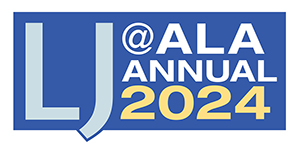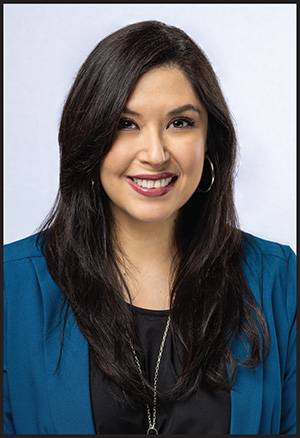Impacts
On July 16, Ithaka S+R released a new report, “Exploring Basic Needs Support Across Public and Community College Libraries,” as the first phase of its Maximizing Public-Academic Library Partnerships project. The report, authored by Senior Analyst Sindy Lopez, Analyst Sage Love, and Researcher Melissa Blankstein, surveys basic needs services promoted on public and community college library websites to see where that information differs, overlaps, and could potentially be expanded as partnerships.
The U.S. Federal Communications Commission (FCC) on July 18 voted to allow libraries and schools to use funding from the federal E-rate program to purchase Wi-Fi hotspots for lending. A component of FCC Chair Jessica Rosenworcel’s Learn Without Limits proposal—which was announced at the American Library Association’s (ALA) 2023 Annual Conference in Chicago—integration of hotspots into the program was aimed at responding to increasing connectivity needs and modernizing the E-rate program.
Anyone who is attending this year’s American Library Association (ALA) Annual Convention in San Diego hoping to hear more about artificial intelligence (AI) and its impact on libraries has not been disappointed. “Breaking Boundaries: Harnessing the Power of Artificial Intelligence and ChatGPT to Transform Library Services,” one of the earliest panels on Saturday morning, was presented to a full house—five conjoined rooms with every seat taken.
Josselyn Atahualpa oversees adult education courses in literacy, English as a Second Language, and GED preparation. When she noticed a wave of asylum seekers coming to the library in early 2022, Atahaulpa alerted library leadership and pushed QPL to prioritize training on best practices for serving the community.
From her podcast, Allie the Librarian Booktalks, to her leadership with the Texas Library Association, Alexandra Cornejo demonstrates her unwavering commitment to intellectual freedom and promoting diverse voices in literature.
Meredith Crawford, Community Engagement Librarian with the Cedar Rapids Public Library, launched the Be Heard program at a local youth detention center with the goal of reducing recidivism by engaging students with literature and art.
As an American Library Association Emerging Leader, Nicollette Davis is always looking for ways to improve the library field. Through the We Here organization, she helps BIPOC library and information science professionals support each other in a welcoming space.
LaShawn Myles had not worked specifically with the disability community when she joined the Maryland State Library for the Blind and Print Disabled in 2018. Her work as an educator led her to libraries, where she quickly became a champion for visually impaired patrons, advocating for resources and finding ways to make materials more accessible.
Mychal Threets, whose earnest TikTok videos have logged millions of views, started out sharing stories that epitomized what he calls “library joy” to inspire people to visit their library. He ended up capturing hearts across social media.
ALREADY A SUBSCRIBER? LOG IN
We are currently offering this content for free. Sign up now to activate your personal profile, where you can save articles for future viewing









